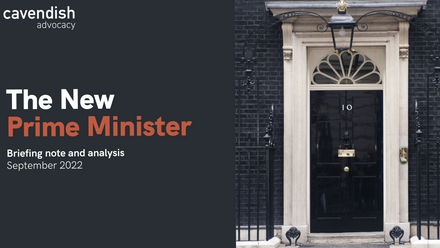Job vacancy levels begin to stabilise across Northern Ireland
Professional vacancies in Northern Ireland increased last year following a 35% decline in hiring during 2020, with application numbers also showing promising signs of stability since the pandemic hit. That’s according to recent research from the Association of Professional Staffing Companies (APSCo).
The data, provided by the world’s largest network of job boards, Broadbean Technology, revealed that IT jobs dominated hiring across Northern Ireland, accounting for over a fifth of vacancies last year. Accountancy and engineering roles were the second most in demand jobs throughout 2021. Almost 8,000 IT jobs were advertised in Northern Ireland during 2021, significantly more than all other industries which could be explained by reports of early 2021 investment from leading tech and management companies like Deloitte and PWC.
Encouragingly, the data revealed that the number of applications per vacancy last year were up on pre-pandemic levels. Call centre and customer service jobs reported the most applicants per vacancy, with an average rate of 35 followed by logistics (25) and admin and secretarial (17). However, many of the sectors that scored highly for the number of new jobs recorded had lower application numbers, with medical and nursing reporting an average of just two applications per role – indicative of the worsening skills shortage in the healthcare arena.
When comparing cities and counties within Northern Ireland, County Antrim was responsible for creating more than 25,000 jobs in 2021. Meanwhile, Antrim recorded almost 7,000 jobs in IT and over 3,200 accountancy jobs.
Ann Swain, CEO of APSCo, commented:
It’s extremely promising to see that Northern Ireland’s recruitment landscape is showing continued signs of recovery. Most encouragingly though, application numbers appear to be relatively stable across a number of sectors, bucking the trend that many economies are currently experiencing. The dearth of talent in areas such as medical and nursing does, however, show that employers in Northern Ireland are struggling to find people for highly-skilled roles – a challenge that won’t be easy to overcome while post-Brexit uncertainty around a hard-border in Northern Ireland remains.


